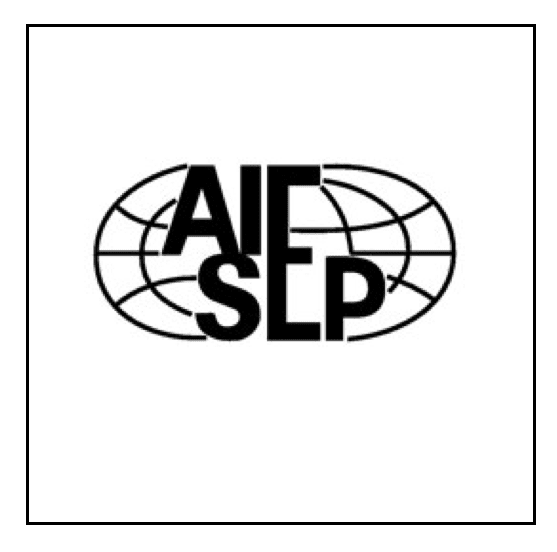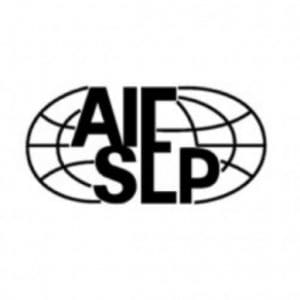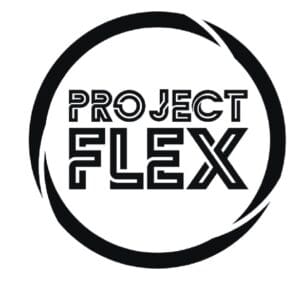I have recently learned again, that a collaboration between University PE lecturers and PE school teachers is quite difficult. But if you accept these difficulties a valuable contribution for PETE might be the outcome. What happened?
In order to improve PETE in Bavaria (Germany) we conducted a research project working with cooperative planning groups as a core methodological tool. Cooperative planning groups are essential for interactive knowledge-to-action approaches (IK2A) popular in Public Health. IK2A is meant to be an adequate approach if you want to further develop and improve the reality in a specific setting since all stake holders are integrated in the research process. A research consortium (cf. http://www.capital4health.de/en/) was funded by the Federal Ministry of Research and Education (2015-2018, FKZ 01EL1421A).
I was involved in the sub-project Health.edu, where a specific thematic focus was on teaching sport-related health competences in PE. As a prerequisite for developing health competences in PE classes the focus of the sub-project was on how health-related topics are taught in our PETE programs at Universities and in Seminar Schools. In a three year process stakeholders from Universities (I. Phase of PETE) and from Seminar Schools (II. Phase of PETE) regularly met in cooperative planning groups in order (1) to discuss their respective understanding of health, (2) to improve the whole process of becoming a PE teacher, and (3) to develop new contents for teaching health-related topics in PE.
In my view, this process clearly showed that PE teachers and University lecturers live in two worlds apart, that they talk different languages and that their concepts of PE differ significantly.
However, some progress has been made to better understand each other and to better coordinate the interfaces between phase I and II of the PETE. Additionally, some common problems have been identified, which resulted in an extension of the collaboration and research project. Within Health.edu+ the stakeholders will focus on the development of innovative didactical teaching units for the sake of pupils’ sport-related health competencies.




